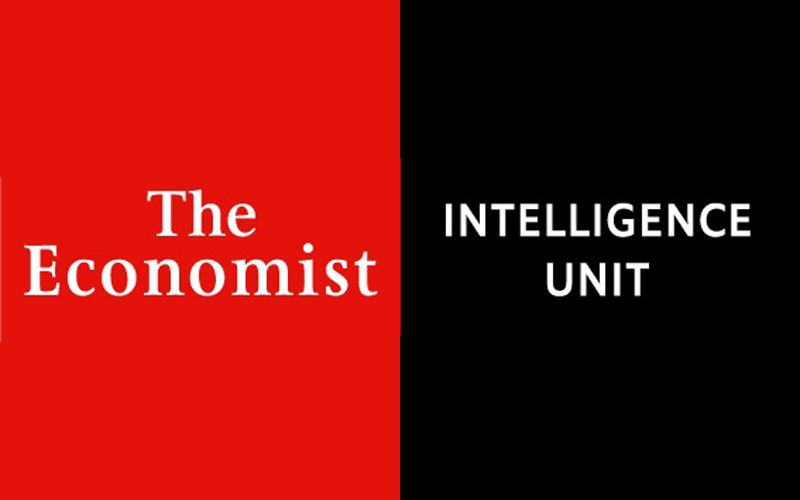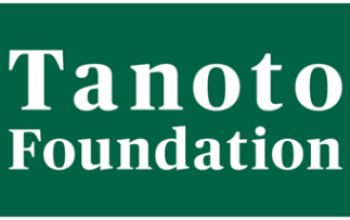- Challenges from ageing populations and covid-19 are putting pressure on Japan’s health system
- Japan’s health system falls behind its peers in terms of long-term strategic perspective
- Price review and setting mechanism introduces unintended inefficiencies in the health system and act as a brake on structural reform
JAPAN – Media OutReach – 23 September 2020 – Japan’s healthcare system has kept the country remarkably healthy with relatively minor changes for nearly six decades. The system provides universal care, extensive coverage and the most innovative treatments at a cost that is accessible to all. Yet the scope of coverage in the Japanese system obscures the extent to which policymakers have put off making necessary but difficult choices.
In particular, the lack of regulation of demand for health services, the pressures of an ageing population and the underdeveloped system for determining cost-benefit for health investments could paralyse Japan’s healthcare system as the cost of providing health services increase. The economic consequences of this would inevitably reverberate beyond the health system itself.
Sustainable health systems not only have appropriate resources to effectively function but are also capable of keeping up with developments and overcoming hurdles. Health systems must be able to address challenges and demonstrate the political will required to explore and implement innovative designs for health services. For Japan, evolving population demographics and financial pressures represent two of the biggest hurdles for sustainability.
Health system sustainability in Japan is a report by The Economist Intelligence Unit, sponsored by Pfizer. It examines the challenges and opportunities that Japan’s healthcare system is facing and the sustainability of its current system compared with those of other developed industrial countries. The research uses a scorecard to compare Japan’s performance against those of five other countries across a number of domains, including disease prevention, integrated health models, the medical workforce and long-term care.
The research points to signs that significant fixes to Japan’s healthcare system may be necessary for Japan’s health system to maintain long-term stability. Although Japan compares well in many respects to the more expensive and fragmented system in the US, it lags behind the UK, France or South Korea, in three of the five principal scoring domains Japan received its highest scores in the domains covering disease prevention and health infrastructure, and accountability and patient-centredness, and lowest in long-term strategic perspective and provision of integrated care models. Key issues that Japan’s health system must overcome to maintain long-term stability include changing incentives for healthcare utilization where currently prices are kept low but there is no limit on demand; an overhaul of time-consuming biannual price reviews; and better use of cost-saving generic and biosimilar drugs.
Jesse Quigley Jones, editor of the report, said, “Japan’s health system is justly praised for its high-quality and generous coverage, however it’s long-term sustainability is increasingly under question. The covid-19 pandemic has highlighted vulnerabilities of the system with experts warning of the collapse of the emergency medicine system, and potential knock-on effects for the broader health system and even overall economy. Our research has highlighted some positive steps towards reform and an emerging long-term vision, but further political commitment is needed to make evidence-based decisions and ensure Japan’s health system is sustainable for generations to come.”
About the research
Health system sustainability in Japan is a report by The Economist Intelligence Unit, sponsored by Pfizer. It examines the challenges and opportunities that Japan’s healthcare system is facing and the sustainability of its current system compared with those of other developed industrial countries. The research uses a scorecard to compare Japan’s performance against those of five other countries across a number of domains, including financing, cost-benefit analysis, workforce issues, medical research and long-term care.
About The Economist Intelligence Unit
The Economist Intelligence Unit is the world leader in global business intelligence. It is the business-to-business arm of The Economist Group, which publishes The Economist newspaper. The Economist Intelligence Unit helps executives make better decisions by providing timely, reliable and impartial analysis on worldwide market trends and business strategies.
About Pfizer
At Pfizer, we apply science and our global resources to bring therapies to people that extend and significantly improve their lives. We strive to set the standard for quality, safety and value in the discovery, development and manufacture of health care products, including innovative medicines and vaccines. Every day, Pfizer colleagues work across developed and emerging markets to advance wellness, prevention, treatments and cures that challenge the most feared diseases of our time.
Consistent with our responsibility as one of the world’s premier innovative biopharmaceutical companies, we collaborate with health care providers, governments and local communities to support and expand access to reliable, affordable health care around the world. For more than 170 years, we have worked to make a difference for all who rely on us. We routinely post information that may be important to investors on our website at www.pfizer.com. In addition, to learn more, please visit us on www.pfizer.com(global)and www.pfizer.co.jp (Japan)

















